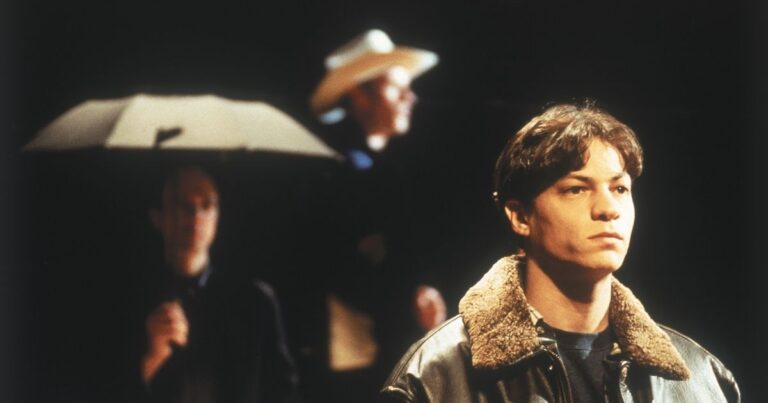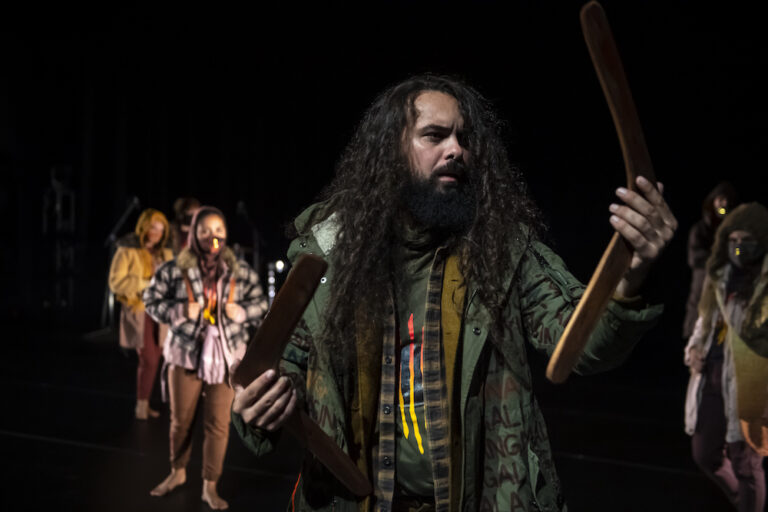

Opinion by Andrew Woodhouse
When the 2014 lockout laws were introduced, Kings Cross residents hoped they’d get their streets back and the night-time economy would cease butchering the daytime economy.
The legal amendments were introduced by the O’Farrell government to reduce alcohol-fuelled violence; all other measures having failed.
Teenager Daniel Christie died in January 2014, the victim of a one-hit punch. He had been celebrating New Year’s Eve in Kings Cross. His random assault at 9:00 pm was just metres from the site where another teenager, Thomas Kelly, had been fatally punched in July 2012.
Christie’s family petitioned for new laws. Within weeks the O’Farrell ministry introduced legal amendments to address widespread community concerns. They imposed 1:30am lockouts (now extended to 2am) and 3am last drinks at bars, pubs and clubs in Kings Cross and elsewhere.
Public safety enhanced?
A 2016 independent, forensic review by a former judge, The Honourable Ian Callinan QC, AC, examined 1,800 submissions, 30 stakeholder sessions and three roundtable conferences.
He shattered a few shibboleths and found: Local Liquor Accords are not enforceable; lockout results in Victoria were ambiguous in their meaning and reach and only had very brief life of three months; public safety has now been enhanced; lockouts reduced fatalities.
Failed state election candidate, Tyson Koh, from campaign group Keep Sydney Open, claimed 30 licenced venues had closed because of lockouts. Callinan noted “I cannot be satisfied that the closures were caused by the lockouts … the two precincts (KX and CBD) at night had been grossly overcrowded, violent, noisy, and in places dirty. After the lockouts they were transformed into much safer, quieter and cleaner areas … lockouts remain appropriate.”
Pubs and clubs were then granted another 30 minutes trading for a two-year trial.
Dr Grabs, St Vincent’s Hospital, saw a 60% reduction in face fractures after lockouts started and no alcohol-related deaths. “There is little or no evidence patrons have spread to other areas. Nearby hospitals report no increases,” he says.
Ralph Kelly, father of Thomas Kelly, says “lockouts can be relaxed if but only if the city is safer”.
Premier Berejeklian says we need a “balance … it’s time to take stock.”
But why? Lockouts save lives. What we really need is safety and security first.
Her Deputy says Kings Cross should be exempt from changes.
Obviously.
Robert Borsak, Shooter and Fishers Party, is bringing a Bill to Parliament anyway abolishing all lockouts.
Research by Roman Marchant, Sydney University Centre for Data Science, claims the NSW Crime Bureau’s data may be misleading. But Dr Wedderburn, head of the crime bureau, hits back, noting the data science centre’s results were inconsistent with their own or those of UTS and aren’t peer reviewed.
Central Sydney: not violent, safe
Potts Point waitress, Rebecca Soderstrom, 24, says lockouts work. The area is “not violent … it’s pretty safe”.
Maddie Day, Policy Officer, Foundation for Alcohol Research, says “This review ensures Sydney’s night-time economy is safe for all to enjoy by retaining the live-saving late night measures … having reduced alcohol harm”
The 500 metres of kitsch neon signage, buck’s nights, footpath blood, police and ambulance klaxons, screaming fights and club doof-doof noise all signalled Kings Cross had reached saturation point.
The vomit-metre was off the scale.
Then pub/club crawling stopped, ID scanners arrived and assaults dropped by a staggering 49%. Police were pleased. Hospitals could now use precious funds for other emergencies.
The Review Committee compromises ten politicians; three Liberal, one Independent (Alex Greenwich MP), one Greens, two National Party, two Labor Party, and one One Nation Party representative.
Alex Greenwich and Mark Latham support easing lockouts for safe venues.
The committee’s terms of reference are to examine “any measures required to: (a) maintain and enhance community safety; (b) maintain and enhance individual and community health outcomes; (c) ensure existing regulatory arrangements in relation to individuals, businesses and other stakeholders, including Sydney’s lockout laws, remain appropriately balanced; (d) enhance Sydney’s night time economy; and any other directly relevant matters.”
Natalie Ward, Committee Chair, says “we want people to enjoy a night out without fear or threats of violence … [and] ensure there are options available …”.
But there are already options, Natalie. Sydney Council’s night-time diversification grants provide $30,000 cash to businesses to attract customers in the evenings.
Council backs VIVID.
Later opening hours are incorporated into its planning regimes. Council allows later hours in local centres; new late areas for new communities; extended hours for unlicensed businesses; a new late cultural precinct in Alexandria; expanding existing areas, and additional hours for performance and culture events.
So will the Committee examine Sydney Council’s decision to approve a mega, live music and drinks venue at 32 Orwell Street, Potts Point, directly opposite residents’ bedrooms but with no patron limits (D/2019/498)?









